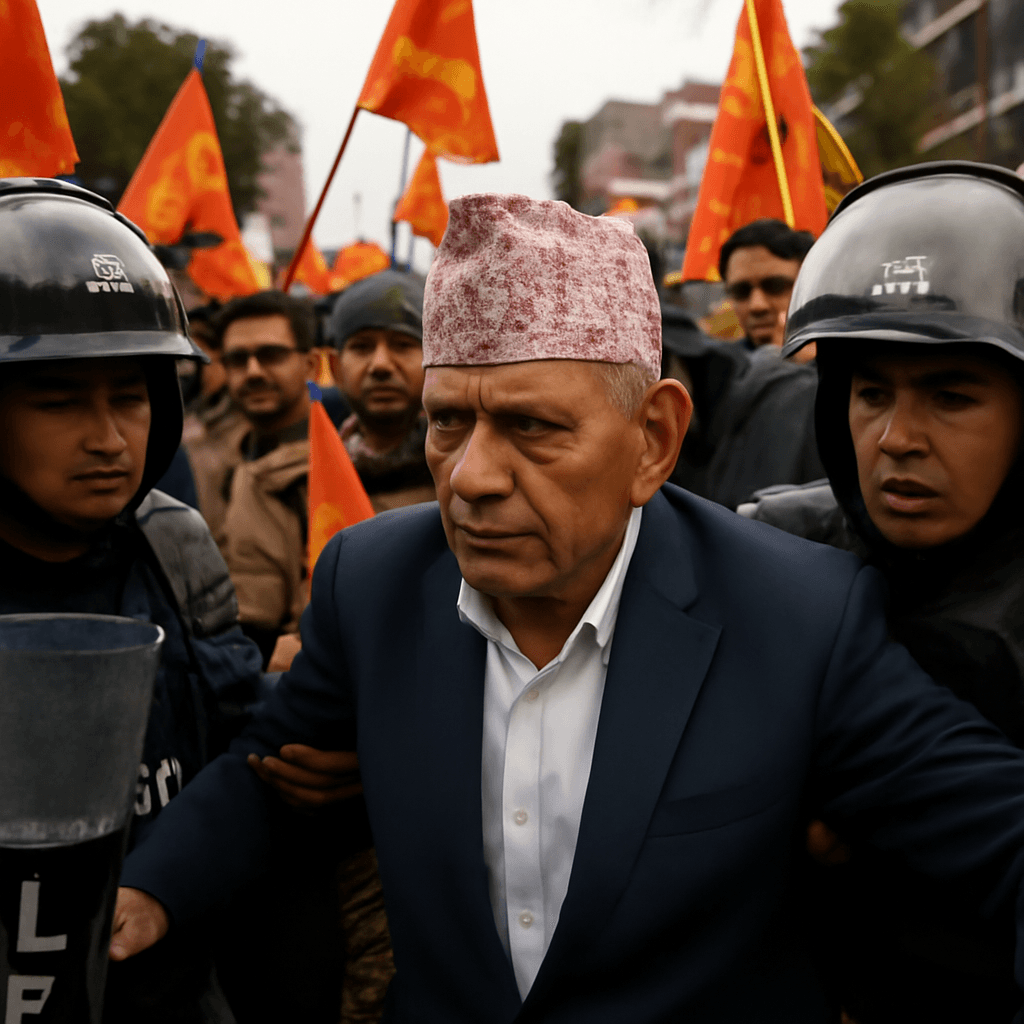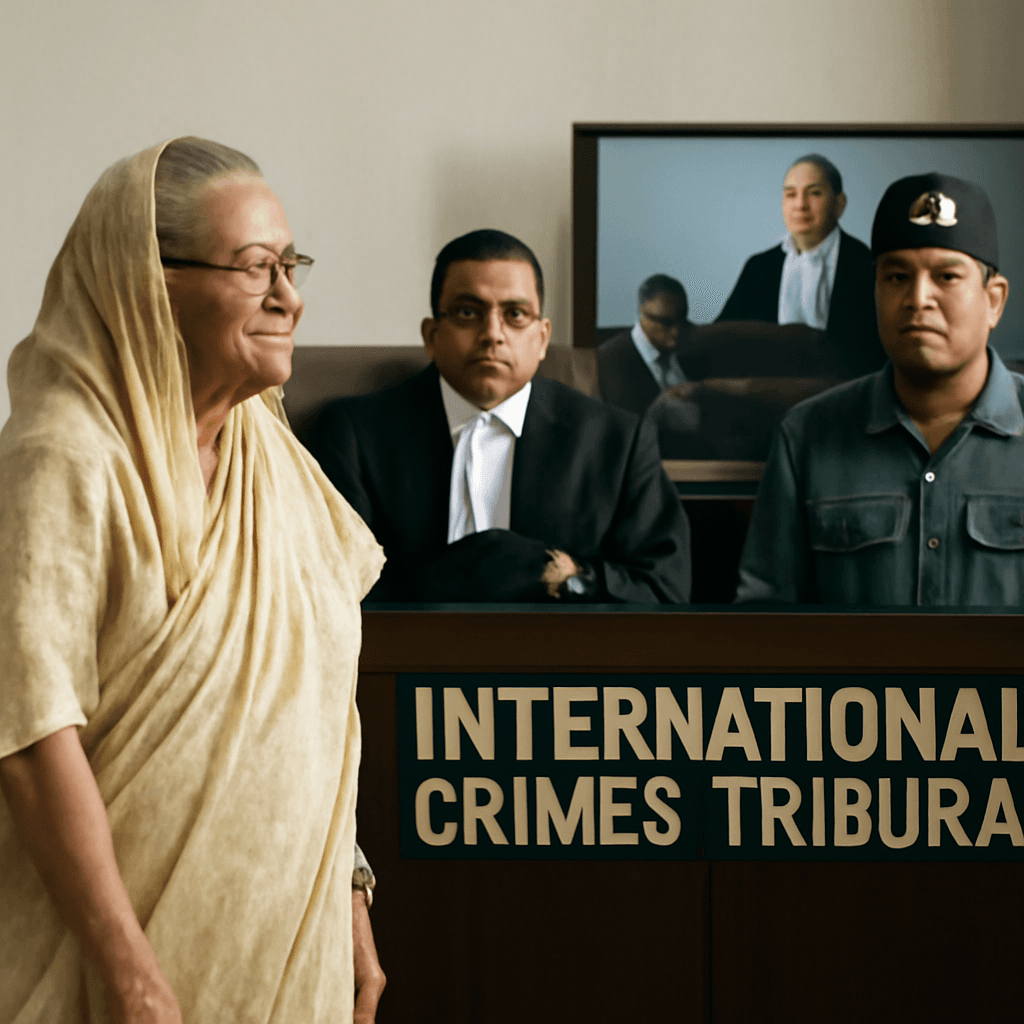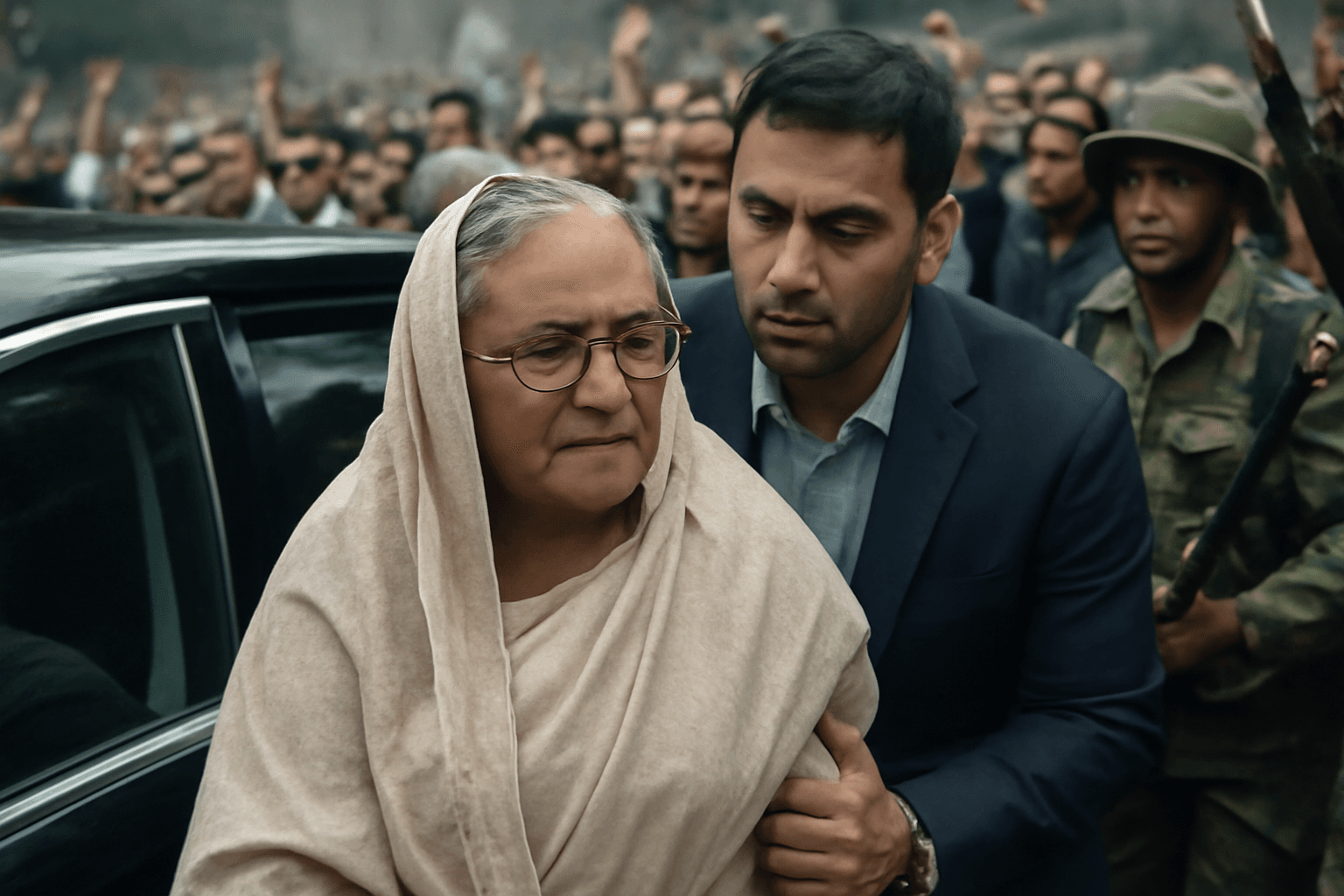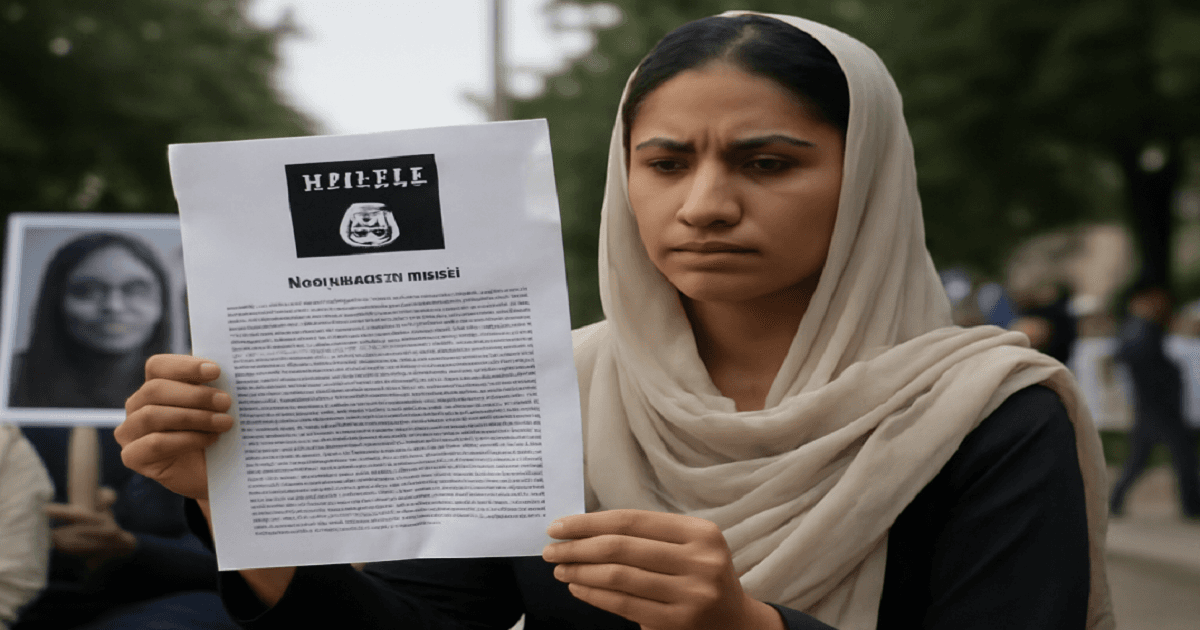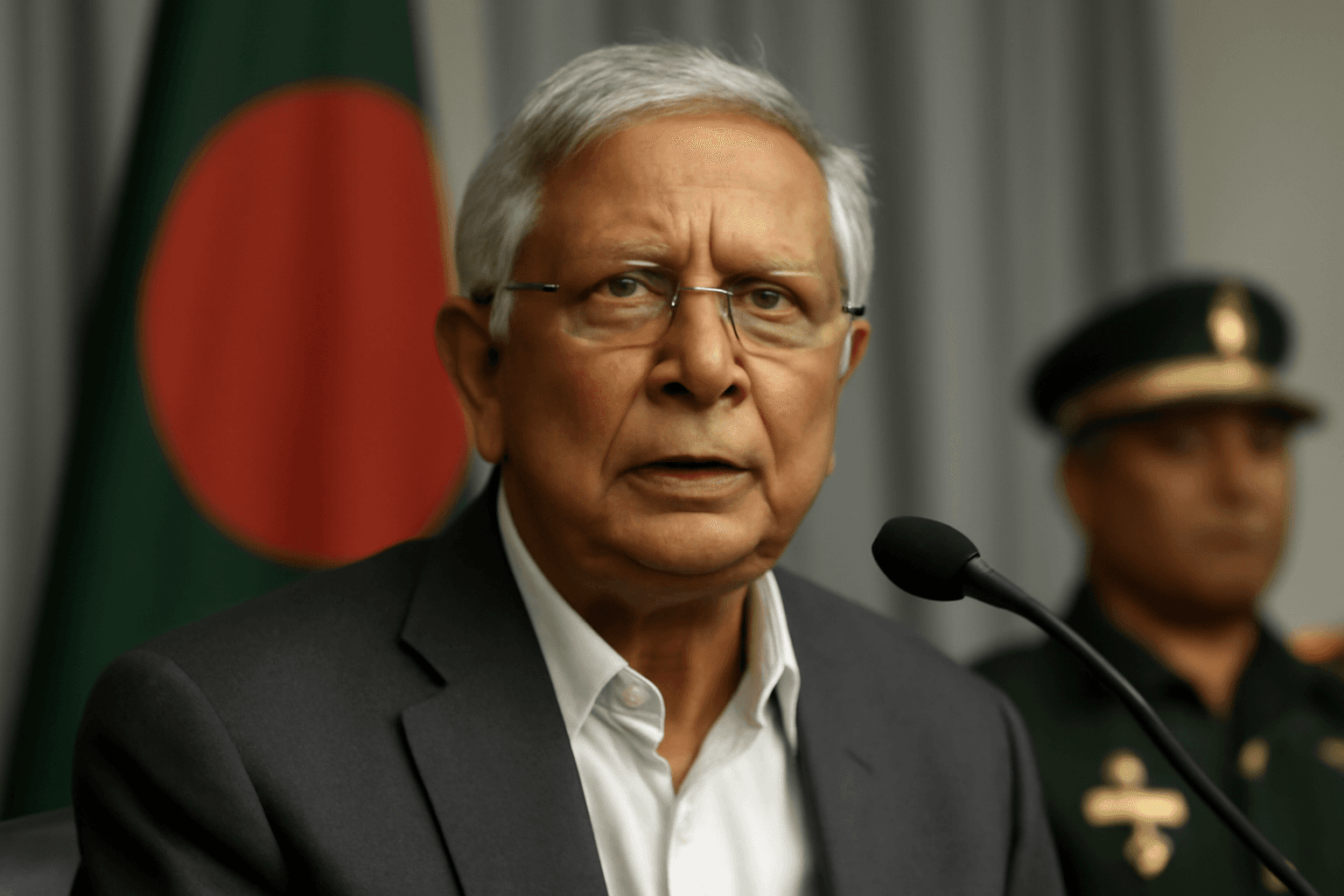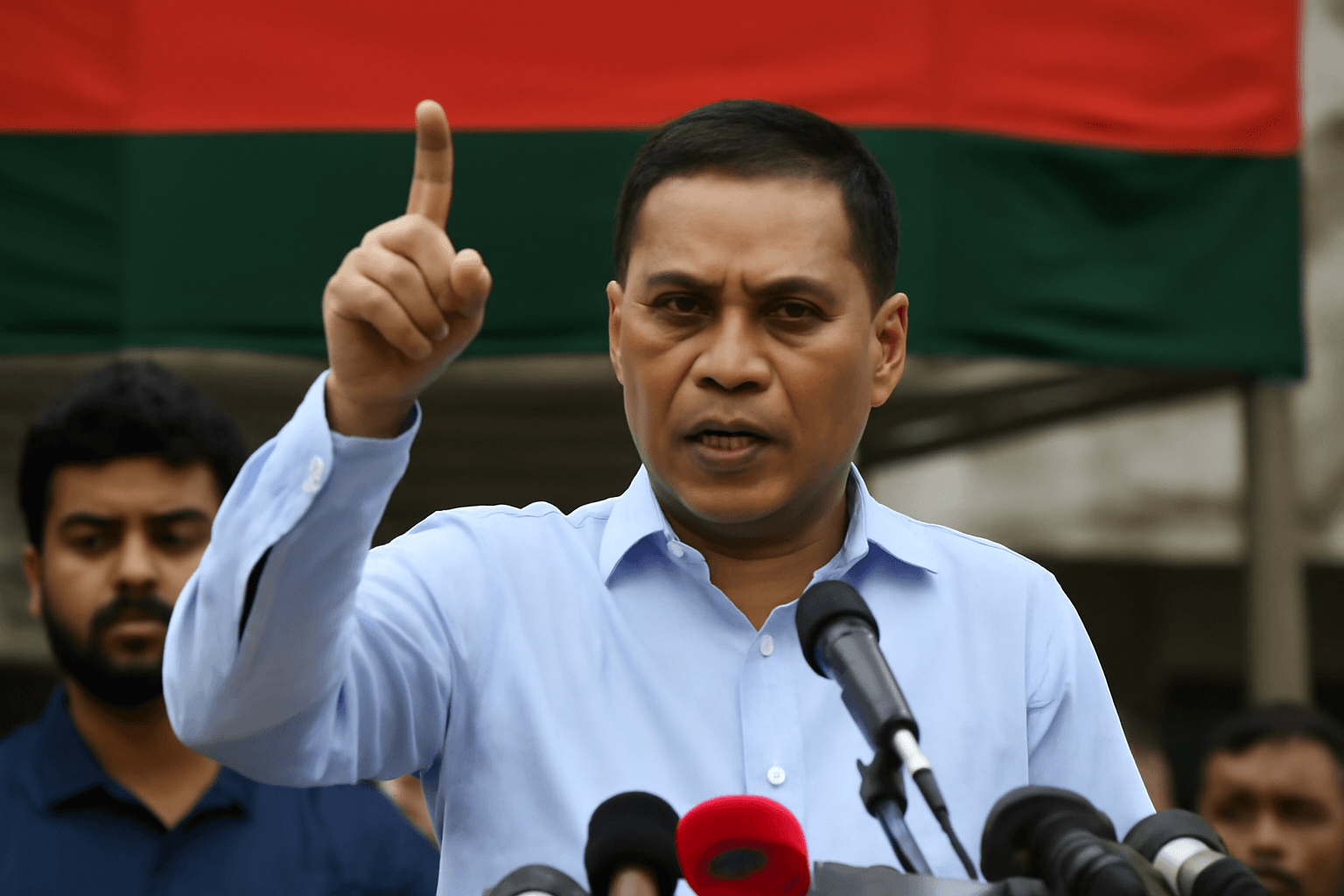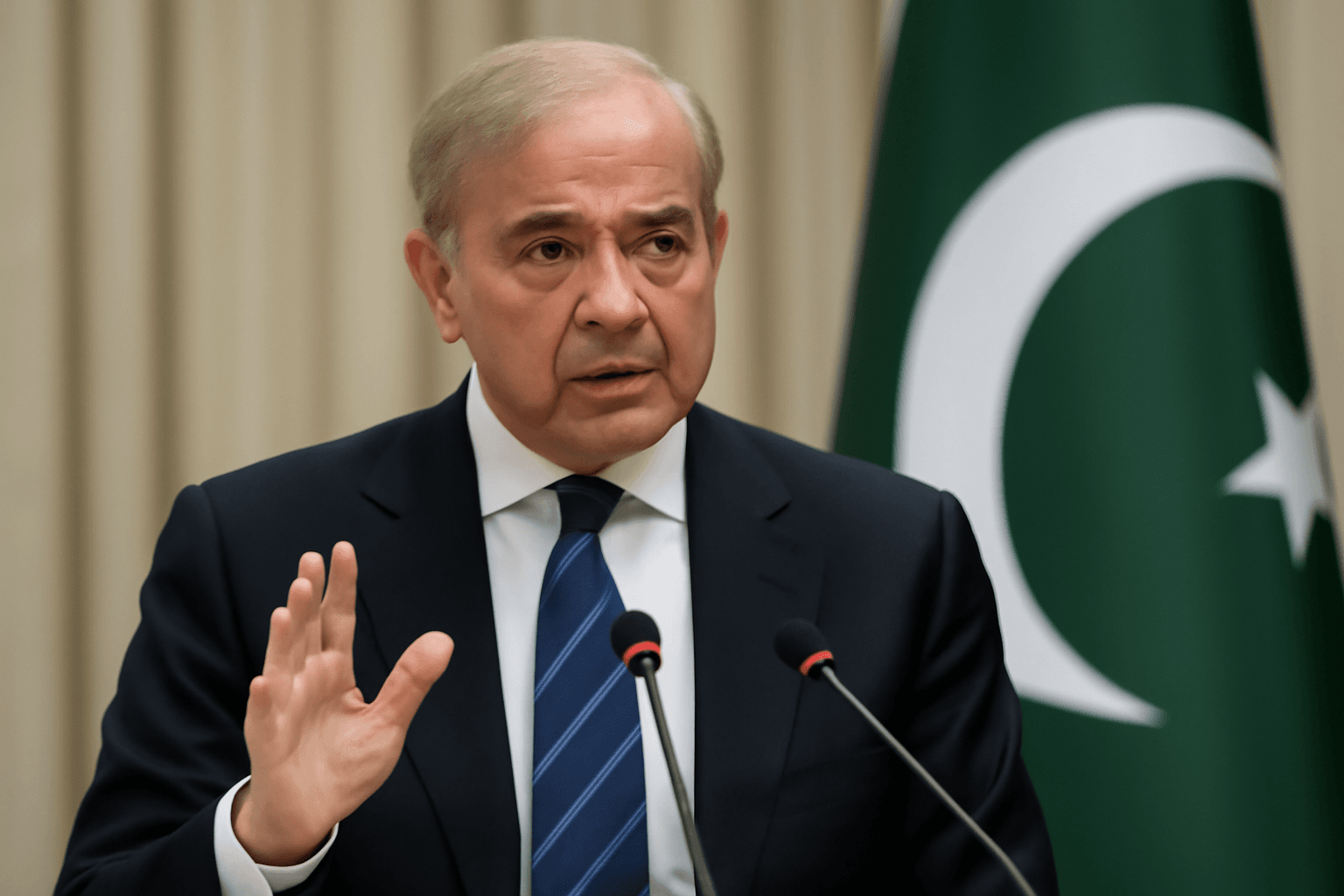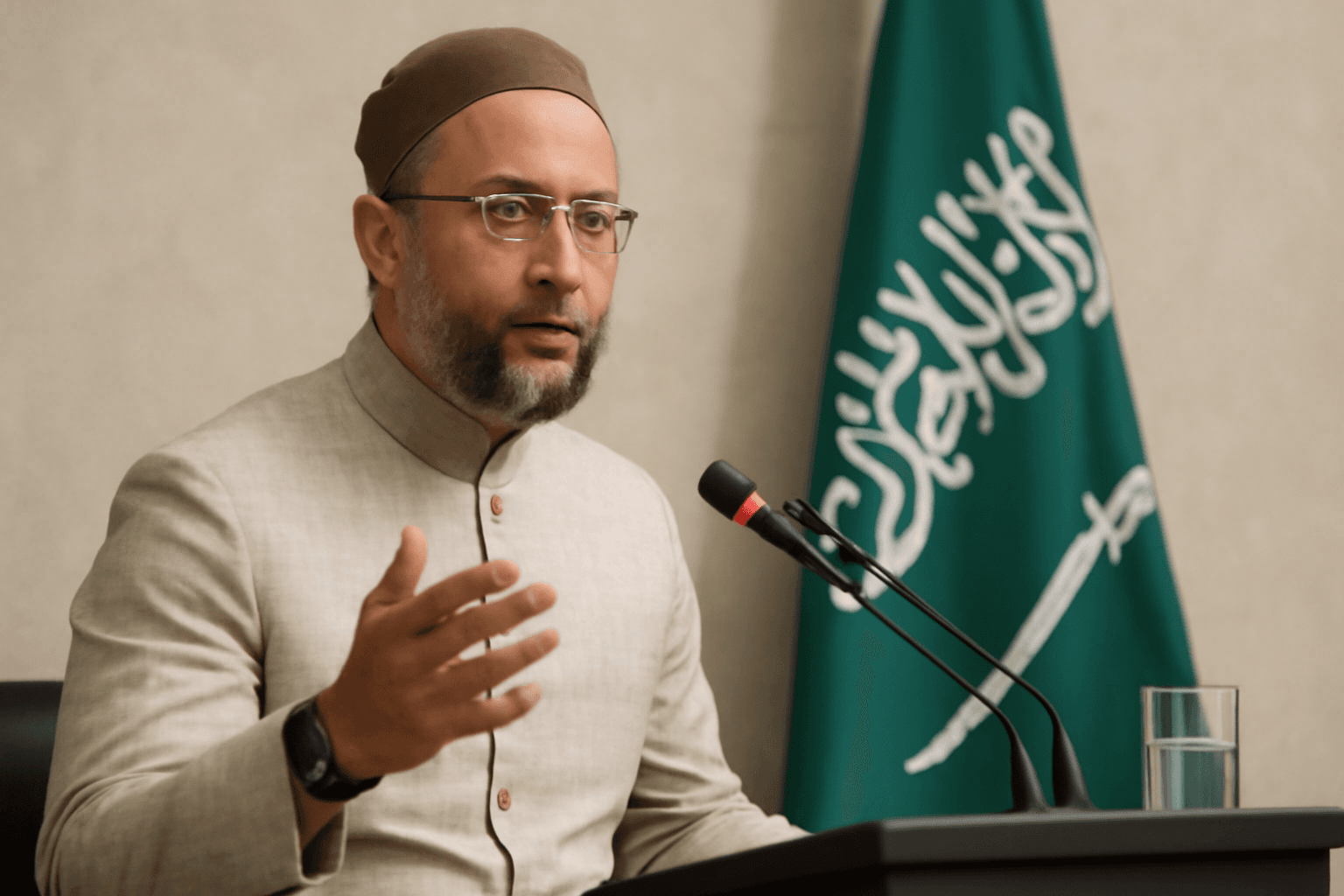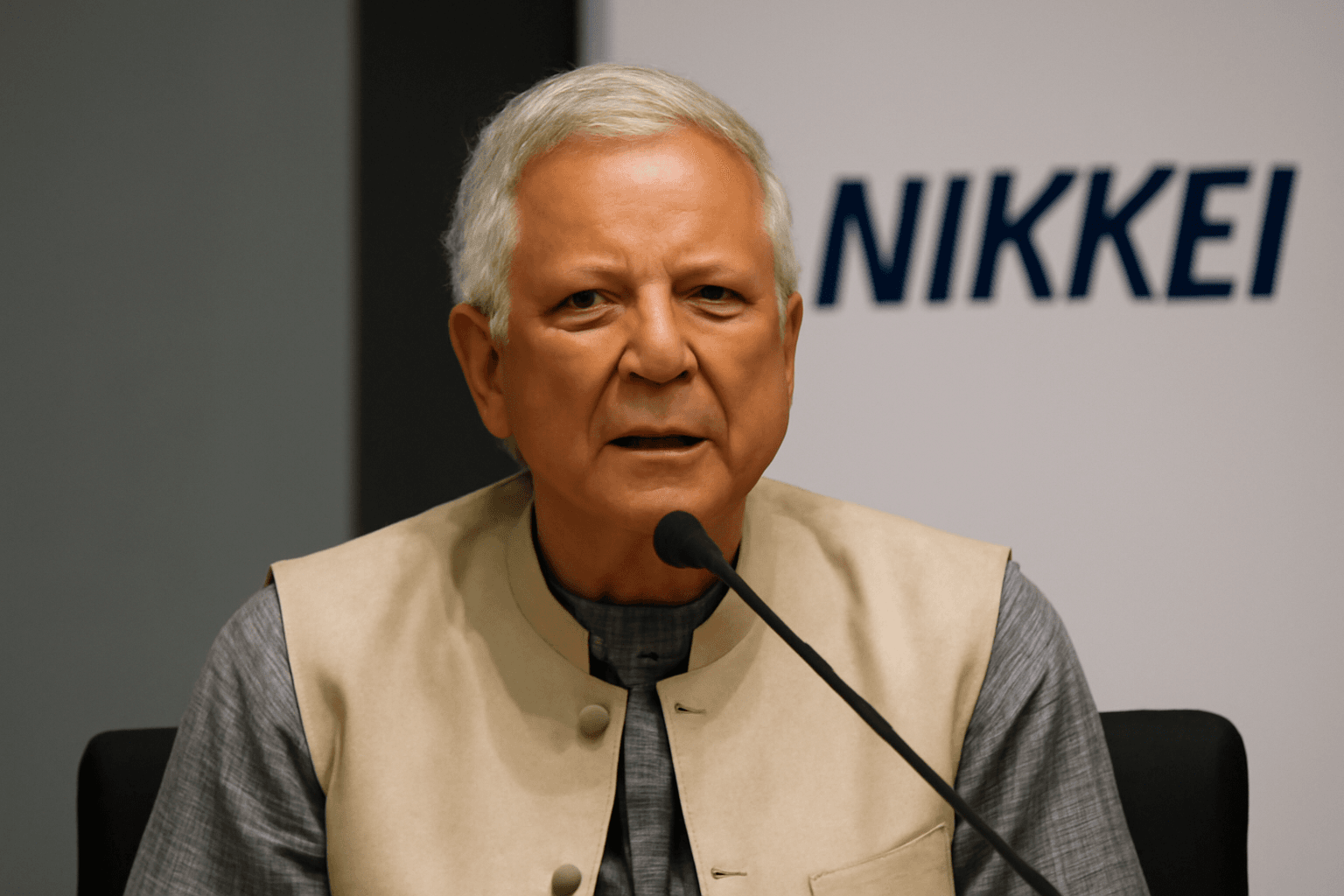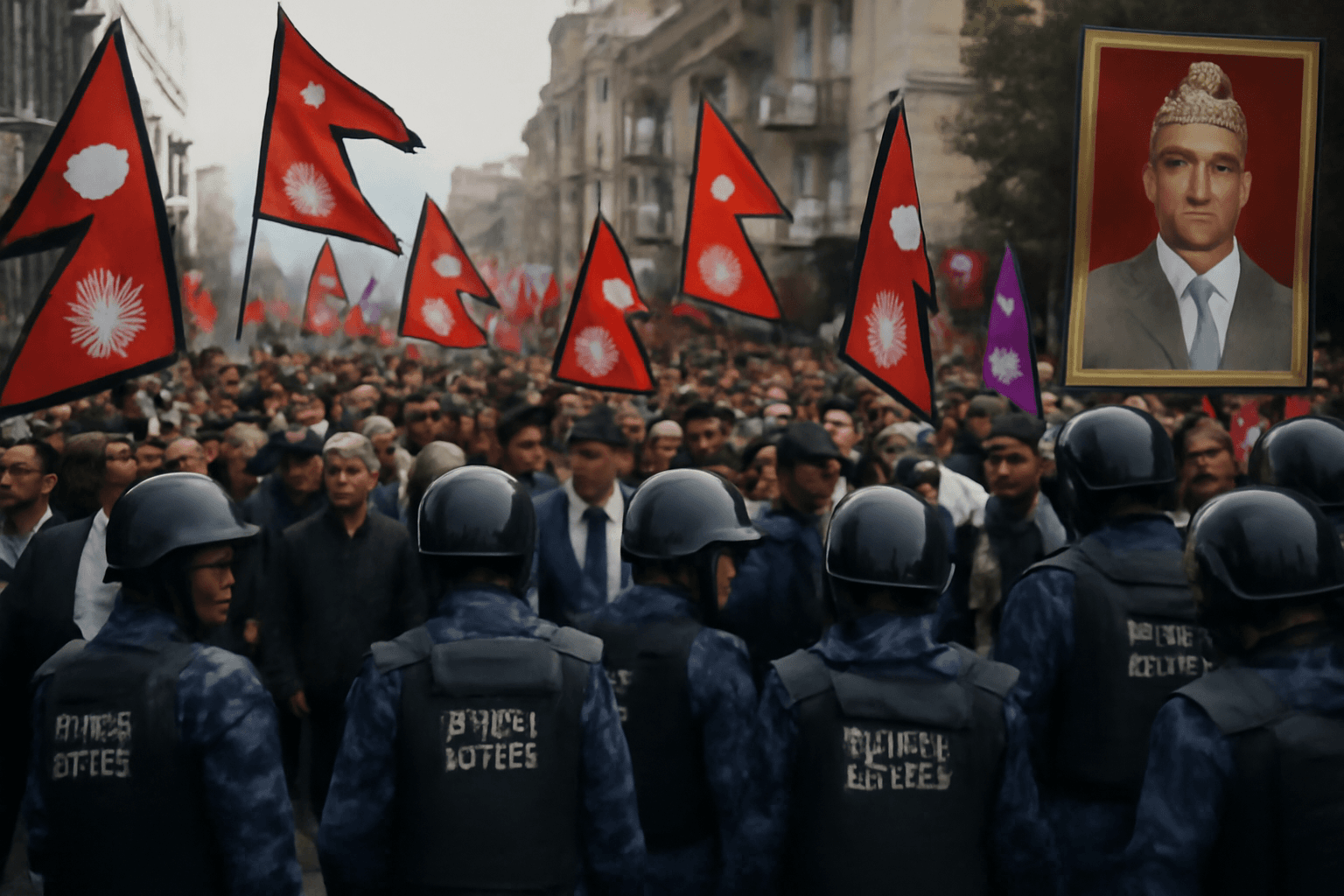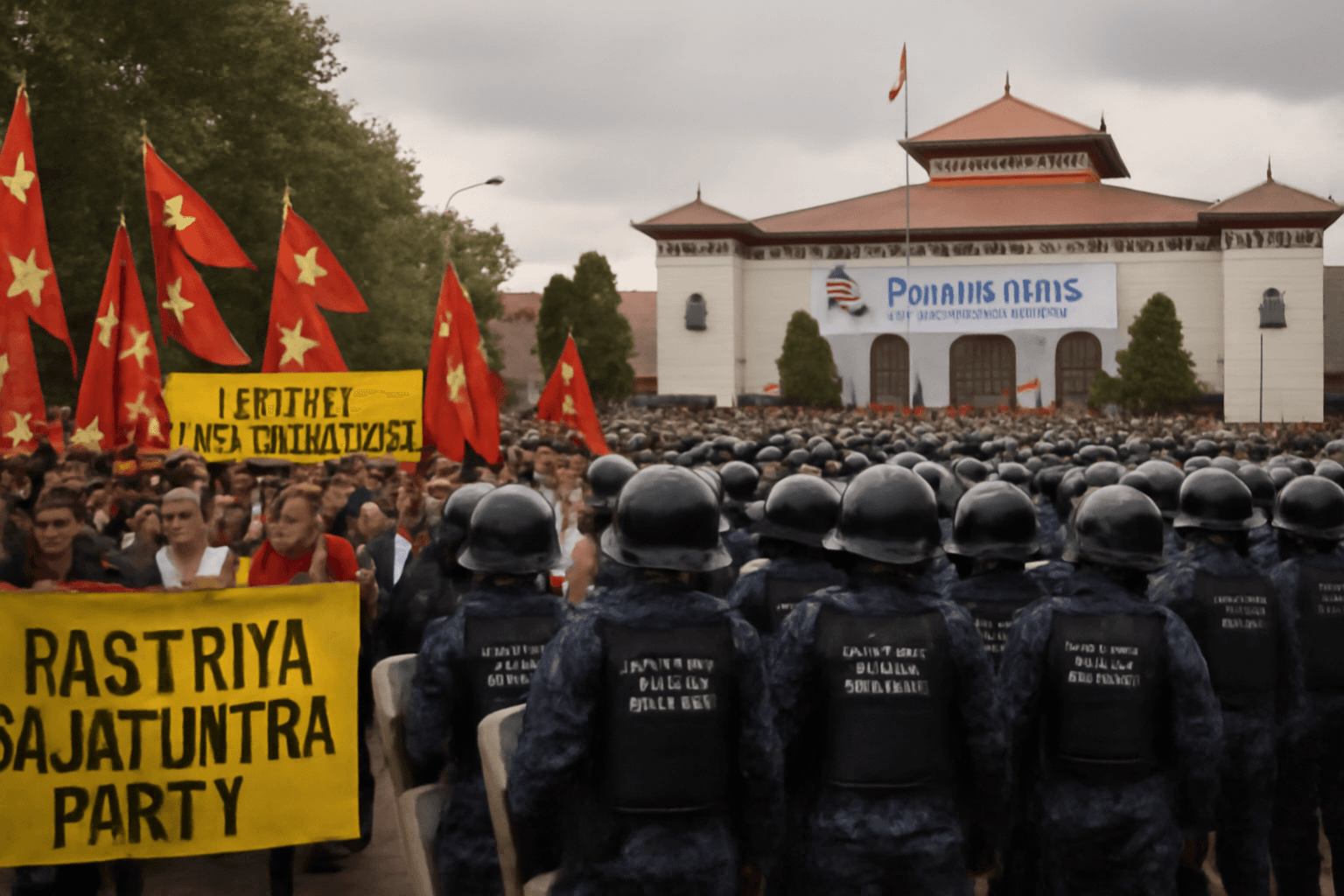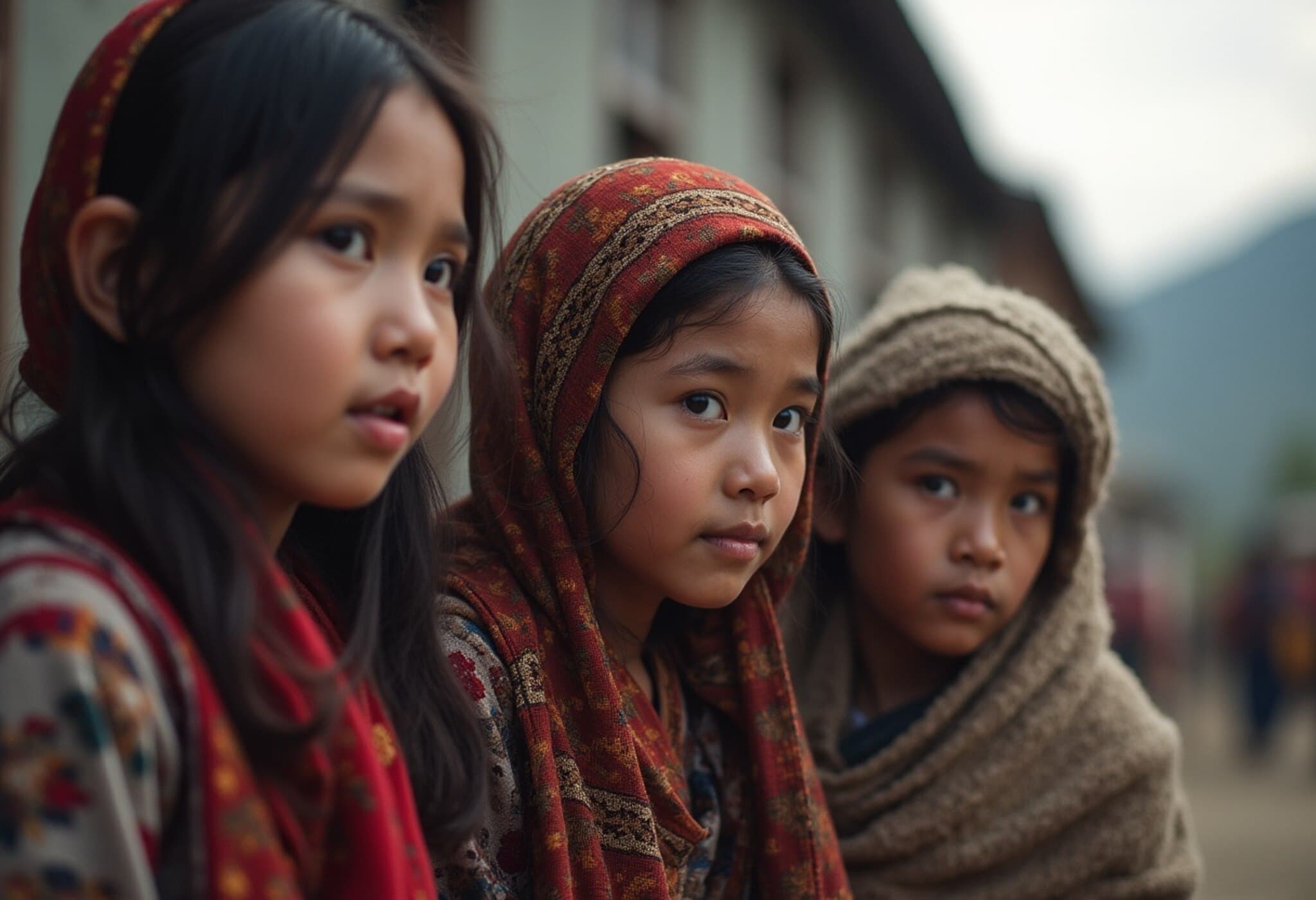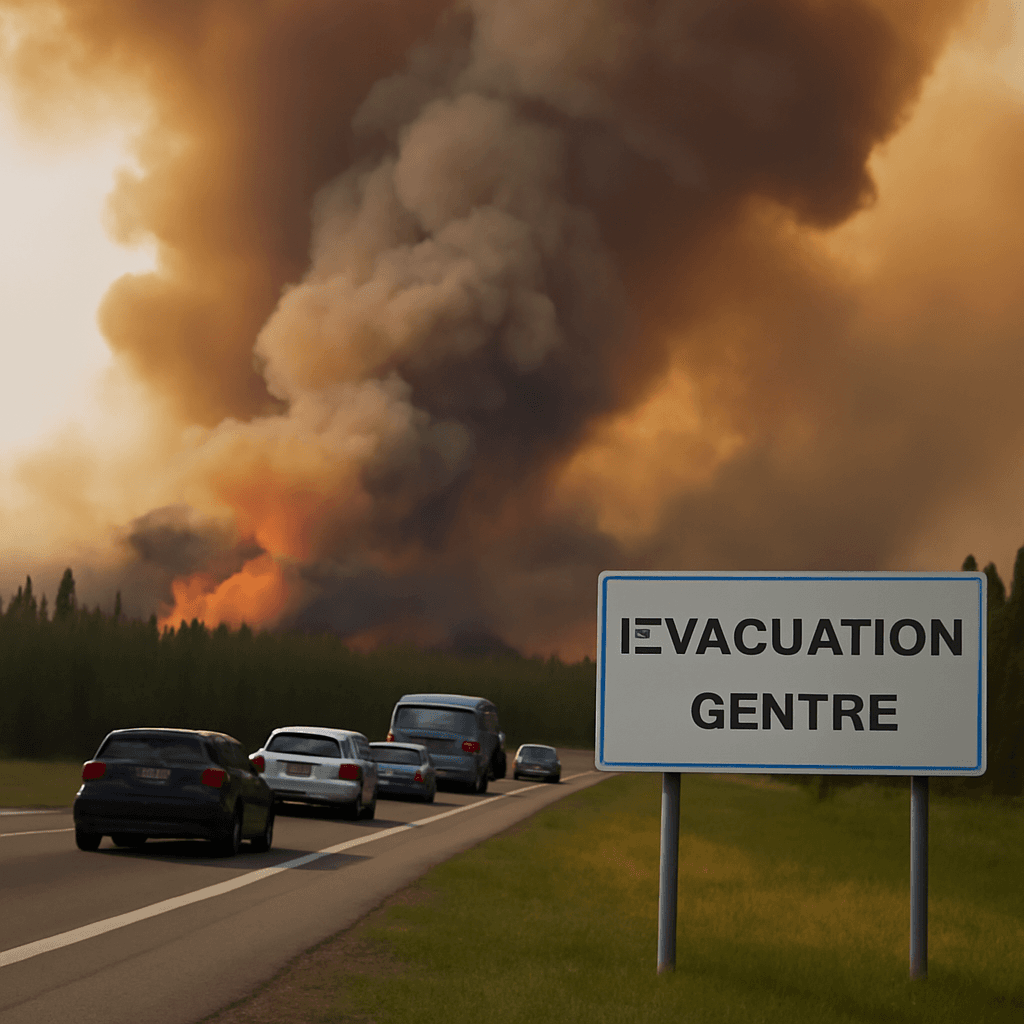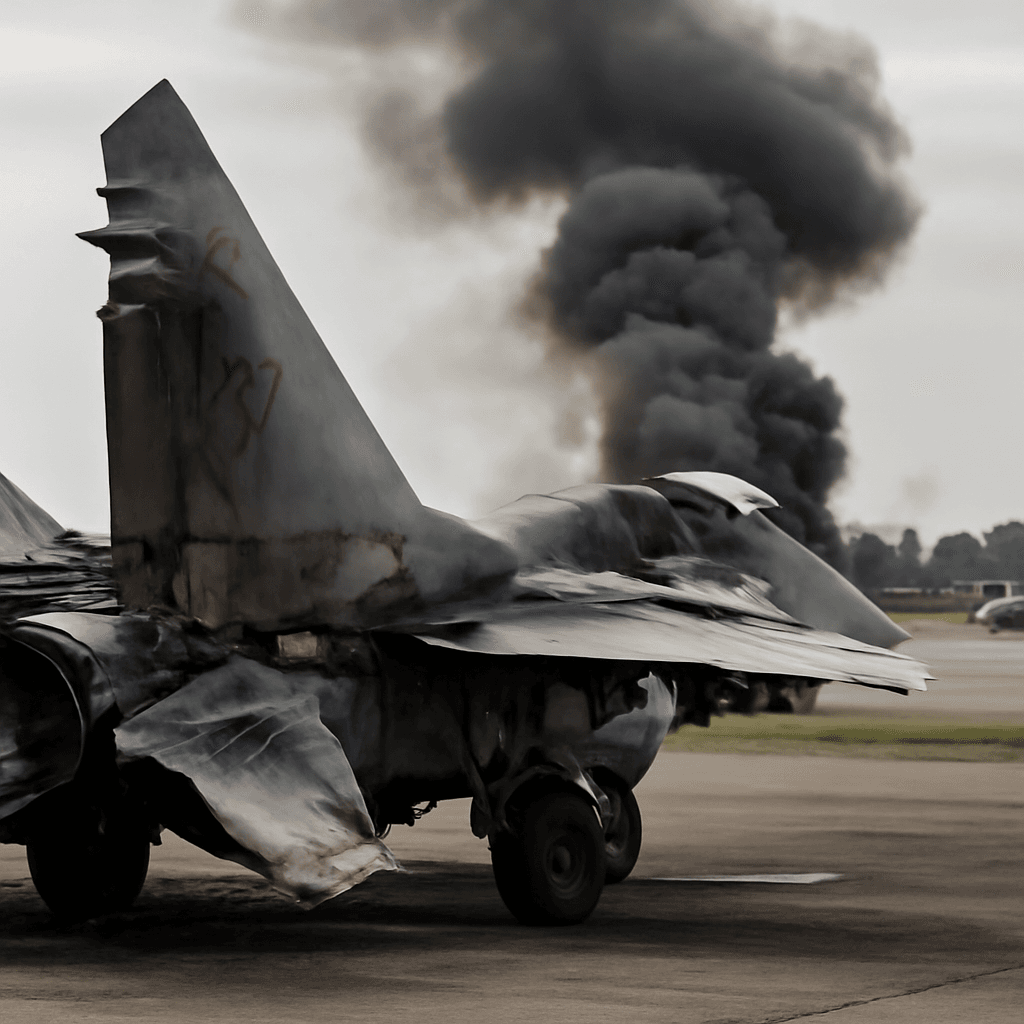Pro-Monarchy Protest Continues in Nepal’s Capital
Nepal’s former deputy prime minister and chairman of the Rastriya Prajatantra Party-Nepal (RPP-Nepal), Kamal Thapa, along with several others, was detained by police during an ongoing pro-monarchy demonstration in Kathmandu. The protest, now in its fourth day, demands the reinstatement of the monarchy and the declaration of Nepal as a Hindu state.
Details of Arrests During the Protest
The arrests occurred after protesters attempted to enter a restricted zone near the Narayanhiti Palace Museum area. Police intervened when demonstrators, including party leaders, moved beyond the designated protest area. According to Kathmandu Valley Police spokesperson Apil Bohora, Thapa and others breached the restricted perimeter, leading to their detention.
Additionally, Deepak Bahadur Singh, a member of Parliament and leader within the Rastriya Prajatantra Party, was briefly taken into custody while attempting to visit Thapa at a police station. Both Thapa and Singh were released a few hours later.
Scope and Leadership of the Demonstration
The RPP and RPP-Nepal are spearheading the indefinite agitation at Narayan Chaur in Kathmandu. The protest is driven by demands to restore the monarchy, which was abolished in 2008, and to re-establish Nepal as a Hindu kingdom.
Rajendra Lingden, president of the RPP and a prominent monarchist, led the protests. Tensions escalated when some demonstrators tried to push past police barricades towards Baluwatar, the official residence of Prime Minister KP Oli. This movement resulted in confrontations with law enforcement authorities, including the Nepal Armed Police Force.
Public Participation and Government Response
Hundreds of supporters have joined the rallies, chanting slogans against Nepal’s republican system and displaying portraits of former King Gyanendra Shah. The protestors expressed clear opposition to the current government led by Prime Minister Oli.
In response to the unrest, security forces have been bolstered across Kathmandu to maintain order, especially after monarchist demonstrators approached the Prime Minister’s residence on the previous day.
Outlook and Political Implications
RPP President Lingden commented that the arrest of key figures like Thapa and Singh is likely to galvanize further public support and increase participation in the protests. The indefinite agitation, which began on May 29, reflects persistent undercurrents seeking to revert Nepal’s political system to its pre-2008 status as a Hindu monarchy.
- Former Deputy PM Kamal Thapa arrested for entering restricted area during protest.
- Pro-monarchy groups including RPP and RPP-Nepal leading an indefinite agitation.
- Hundreds of supporters chanting slogans and carrying portraits of former King Gyanendra.
- Increased police and paramilitary deployment throughout Kathmandu.
- Arrests of leaders expected to strengthen protest momentum.

